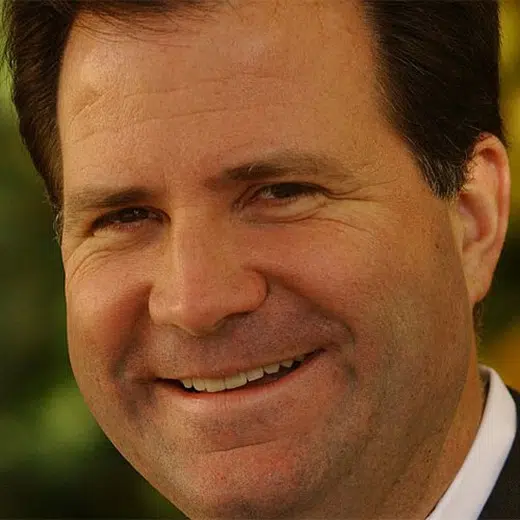By Avi Ohayon and Sebastian Rocandio
KIRYAT SHMONA, Israel/TYRE, Lebanon (Reuters) – Divided by language, religion and a fortified fence, residents on both sides of the Israeli-Lebanese border are facing upheaval as growing violence forces tens of thousands of civilians to abandon their homes and seek sanctuary elsewhere.
The borderlands have seen constant, but so far limited, clashes, between the Israeli military and fighters from the Lebanese group Hezbollah since a war erupted two weeks ago around Gaza, a strip of land in Israel’s south which is controlled by Hamas.
With friction ratcheting up, families are fleeing.
Israel on Friday ordered the evacuation of more than 20,000 residents from Kiryat Shmona, one of the biggest towns on its northern border following a heavy cross-border exchange of fire in the area the day before.
“It’s a complicated and dangerous situation (but) we are strong and we hope it’s over quickly,” said Edo Goldstein as he arrived in the normally tranquil, leafy town to pick up his elderly father, a resident, and take him away.
“We try to survive,” Goldstein told Reuters.
Survival was uppermost in the minds of Lebanese civilians from the Lebanese village of Dhayra, west of Israel’s Kiryat Shmona. Locals said Israeli shelling had destroyed 20 to 25 homes and they could no longer stay.
“Dhayra got damaged the most. The war erupted suddenly,” said Zahira Omar Swaid, who drove to Tyre on the Mediterranean coast, far from the shooting, and is now staying with his family in a school, awaiting more permanent lodgings.
“They did not give us a warning to get out of our homes, as a precaution. We have children. We came in our cars and we fled. I was cooking. I left the gas open. I saw that the house of our neighbours was destroyed,” he told Reuters.
The Lebanese army said a journalist was killed by Israeli gunfire on Thursday across the border from Kiryat Shmona, while Israel said on Friday it had targeted three fighters from the Iran-backed Hezbollah group near the border.
Hezbollah said in a statement: “The killing of civilians and the assault on the security of our country will not go without response or punishment.”
Daniel Hagari, spokesperson for the Israel Defense Forces (IDF), said the mass evacuations along Israel’s northern border, allowed the army “to expand its operational freedom to act against the Hezbollah terrorist organisation.”
Nissim Tsabaria, an elderly Israeli who walks with a stick, waved goodbye to neighbours as he clambered into his car.
“We were born here, we went through two or three wars in the north, we hope there will be an end to it. Definitely there will be,” he said.
Local authorities on both sides of the border are hastily seeking accommodation for the growing numbers of refugees, who leave their homes in cars crammed with suitcases.
“We can’t open more shelters. We are discussing with each municipality and seeing what houses are available, or if people are opening their homes,” said Mortada Mhanna, an official from Tyre’s disaster management unit.
Israel is putting its swelling ranks of evacuees in guest houses and hotels if they don’t have families to stay with.
Flags have been put up on lamp posts and buildings across the country as Israelis rally behind the military ahead of an expected land invasion of Gaza and possible escalation in the conflict with Hezbollah. This story has been refiled to remove extraneous word from the headline
(Writing by Crispian Balmer; Editing by Edmund Blair)






